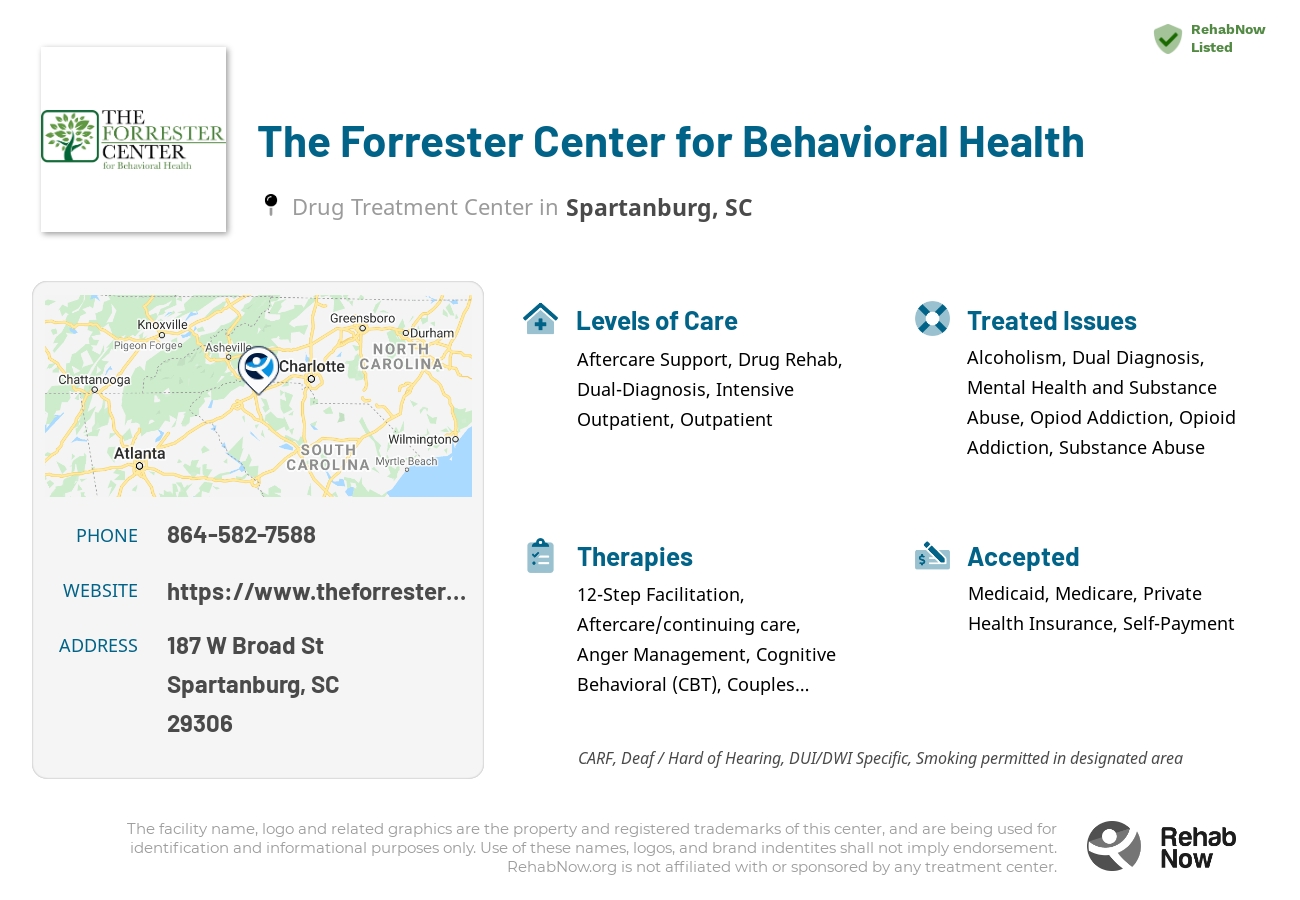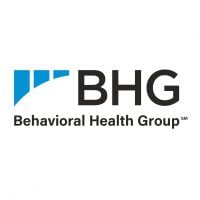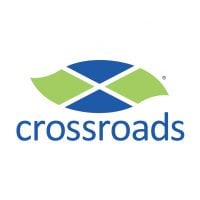The Forrester Center for Behavioral Health
Drug Rehab Center in Spartanburg, South Carolina
The Forrester Center for Behavioral Health is a CARF accredited Drug Rehabilitation Facility located in Spartanburg, South Carolina offering treatment for Alcoholism, Opioid Addiction, Substance Abuse, Dual Diagnosis, and Drug Addiction as well as Aftercare Support, Detoxification and Intervention levels of care, which it accepts private health insurance for.
About This South Carolina Facility
The Forrester Center for Behavioral Health, located in Spartanburg, South Carolina, focuses on improving lives through substance use disorder treatment, behavioral health therapy, and prevention education services.
Their mission emphasizes serving the community by providing comprehensive care options to address various needs related to addiction and mental health.
Accredited by CARF, a leading organization ensuring high standards, the center offers evidence-based treatment methods across multiple levels of care. This includes detox, outpatient programs, intensive outpatient programs, and aftercare support.
- Personalized treatment plans tailored to individual needs
- Dual-diagnosis approach addressing co-occurring disorders
- Continuum of care from initial intervention to long-term recovery
The Forrester Center specializes in treating substance abuse disorders like alcoholism, opioid addiction, and drug addiction, as well as co-occurring mental health conditions.
For individuals struggling with alcohol or drug addiction, the center provides a supportive environment and comprehensive services to facilitate lasting recovery. Through evidence-based therapies, counseling, and a holistic approach, they empower clients to overcome their addictions and regain control over their lives.
Genders
Ages
Modality
Additional
Accreditations

CARF
The Commission on Accreditation of Rehabilitation Facilities (CARF) is a non-profit organization that specifically accredits rehab organizations. Founded in 1966, CARF's, mission is to help service providers like rehab facilities maintain high standards of care.
Conditions and Issues Treated
The inappropriate use of any drug in Spartanburg, SC is substance abuse. This involves alcohol, medications, and illicit drugs. With a combination of physical and psychiatric therapies, drug addiction is successfully treated at The Forrester Center for Behavioral Health. After Detox is complete, individuals follow-up with treatments treating the root cause of the addiction.
Opioid Addiction Treatment supports people recovering from addiction to prescription drugs as well as illegal opioids. This is a hospital-based or residential treatment. Depending upon one’s age, detox without the appropriate medication may be unpleasant or even dangerous–some get body aches, fever, chills, while others may even have seizures.
Opioid treatment involves medically assisted detox, physical and mental support. Most rehabilitations use an array of treatments to ensure overall wellbeing, such as Medication-assisted therapy (MAT) in which one gets behavioral therapy, medicines, and counseling. A client-centered approach can reduce one’s chances of relapse. Therapists at work with the client to figure out environmental and behavioral triggers, giving them the power to change the patterns.
Levels of Care Offered at The Forrester Center for Behavioral Health
This center offers a variety of custom treatment tailored to individual recovery. Currently available are Aftercare Support, Detox, Drug Rehab, Dual-Diagnosis, Intensive Outpatient, Intervention, Outpatient, with additional therapies available as listed below.
Detoxification is a reduction in the effects of drugs and alcohol. It can be beneficial for people who have a history of withdrawal, who are at risk for dangerous health concerns, or who are unable to function well in their day-to-day lives due to addiction.
Detoxification is beneficial for:
- People who are unable to overcome addiction without the help of professional care.
- People who are at risk for dangerous health conditions due to withdrawal.
- People who are at risk for overdose or serious health concerns after a relapse.
If you believe that addiction treatment is right for you or a loved one, you can contact your primary care physician, or search for addiction treatment centers in your area. Treatment is beneficial to people who are motivated towards recovery, and who understand the benefits of professional care.
Daily trips to the hospital that provides the treatment include intensive outpatient services (IOP). IOP in South Carolina is appropriate for patients in residential recovery facilities that have been diagnosed with addiction. Patients return to their everyday lives gradually, increasing the likeliness of success in treatment.
Outpatient rehabilitation is a treatment that exists if a patient is not checking into The Forrester Center for Behavioral Health long term. In addition to helping them recover, the patient attends regular therapy sessions and detox and participates in other therapies. However, this is all primarily done from home. As a follow-up to inpatient treatment, outpatient treatment is usually recommended.
After rehabilitation, it helps people return to their everyday lives. It may also be an alternative to inpatient care in some situations. If they cannot leave their jobs, children, or don’t have the money for inpatient care, people can choose this method. Inpatient therapy, however, is the best method and most suggested level of treatment offered by The Forrester Center for Behavioral Health in recovering from addiction.
Intervention services are designed to help loved ones of an individual suffering from alcohol or drug addiction. They aim to help the individual realize that their behavior is causing damage, and external help is crucial to handle their problem efficiently.
Treatment for substance abuse does not cease after an individual successfully completes a detox or rehabilitation program. A vital follow-up treatment service is aftercare support provided to individuals at The Forrester Center for Behavioral Health in South Carolina after they attain initial sobriety.
Aftercare support often takes the following forms: 12-Step Programs, Outpatient Treatment Programs, and Support Groups. The most effective aftercare programs are tailored to meet an individual’s specific needs and circumstances.
Therapies & Programs
Individual therapy involves one on one sessions between the patient and the therapist at The Forrester Center for Behavioral Health. Individual therapy provides patients with a safe environment where they can openly discuss their problems with the therapist. The patients find the therapist as a person who they can trust. It helps them to open up and discuss personal and sensitive issues, which they may not be comfortable discussing in a group setting.
Individual therapy aims to identify the core issues that would have led the patient to substance abuse and address the root cause effectively. The therapist can develop patient-specific customized solutions through individual therapy, which aids speedier recovery.
Addiction and alcoholism always harm an addict’s relationships with others and none more than relationships with a spouse or partner. Couples therapy is an essential part of restoring trust and good communication to intimate relationships harmed by addiction. Couples therapy by The Forrester Center for Behavioral Health helps repair the damage done to these important relationships.
Recovery can be more effective if the entire family’s involved. Family therapy hosted by The Forrester Center for Behavioral Health brings in the addict’s family to explore genetic factors. It gives loved ones the tools for dealing with addiction and its underlying mental issues. It is a recommended step in helping addicts adapt to sober living.
Trauma is one of the most common causes of psychological disorders. It’s often found in people with addiction diagnoses. Trauma therapy addresses this by examining the emotions and thoughts people have formed due to past traumas. Traumas are complex but trauma therapy can reduce their ability to contribute to addictive behaviors.
Self-defeating thoughts and habits can limit your possible successes. Some examples of this are procrastination, unhealthy eating and angry outbursts. REBT is a method of specific counseling offered by The Forrester Center for Behavioral Health that replaces negative and self-limiting thoughts.
Rehabilitation is not just limited to bringing an individual out of addiction and achieving sobriety. It is considered complete only when an individual starts leading a normal and balanced life. Life skill therapy focuses on the various skills that helps an individual to lead a normal life. Patients often do not take care of themselves, struggle professionally and withdraw from social interaction due to the physical and emotional disturbances caused by addiction.
Life skills therapy helps them to improve various personal, professional and social skills such as cooking healthy meals, maintaining proper hygiene, budgeting, decision making, time management, regulation of emotions and resolving the interpersonal conflicts effectively.
A 12-Step Program is a common method that is used to treat addiction. This format is used for both drug and alcohol treatment. It is extremely popular and successful for large numbers of people and the staff at The Forrester Center for Behavioral Health are trained to assist in 12-step management.
Payment Options Accepted
For specific insurance or payment methods please contact us.
Is your insurance accepted?
Ask an expert, call (888) 674-0062
Additional Details
Specifics, location, and helpful extra information.
Spartanburg, South Carolina 29306 Phone Number(864) 582-7588 Meta DetailsUpdated April 15, 2024
Staff Verified
Patient Reviews
There are no reviews yet. Be the first one to write one.
Spartanburg, South Carolina Addiction Information
More than 610,000 of South Carolina residents, or a staggering 11.9% of the state population, uses illicit drugs and another 230,000 residents abuse alcohol every year. A majority of the illegal drugs used and abused are opioids. Marijuana use and underage drinking occur amongst the young residents of this state–though at a lower rate compared to the national average.
5.5% of the Spartansburg, SC, population were reported to have used illicit drugs. The most common illicit drug of choice for this community is marijuana followed by cocaine and prescription drugs. About 7.5% of young adults in Spartanburg use marijuana at least once. The rate of drug-related emergency room visits in the area is almost 18%. Common treatments in Spartanburg include inpatient rehab, outpatient rehab, and 12-step programs.
Treatment in Nearby Cities
- Ruby, SC (100.4 mi.)
- Swansea, SC (96.3 mi.)
- Seneca, SC (60.7 mi.)
- Hilton Head Island, SC (200.8 mi.)
- Dillon, SC (150.3 mi.)
Centers near The Forrester Center for Behavioral Health
The facility name, logo and brand are the property and registered trademarks of The Forrester Center for Behavioral Health, and are being used for identification and informational purposes only. Use of these names, logos and brands shall not imply endorsement. RehabNow.org is not affiliated with or sponsored by The Forrester Center for Behavioral Health.









